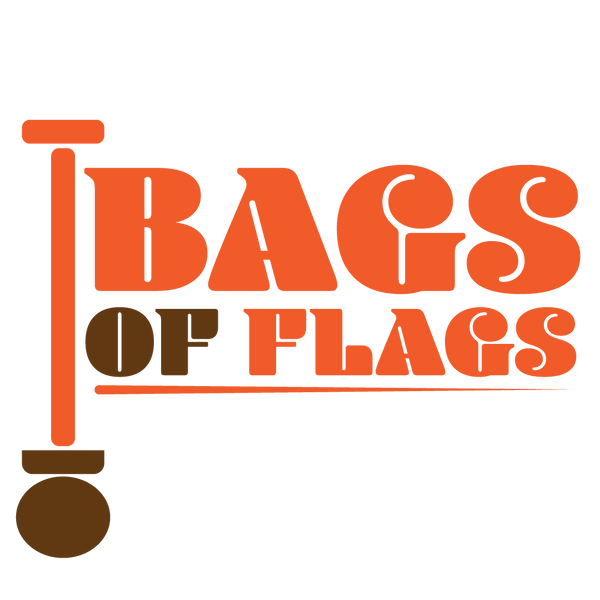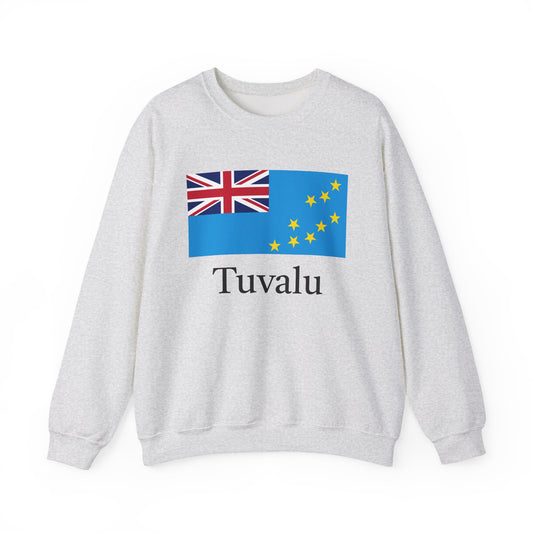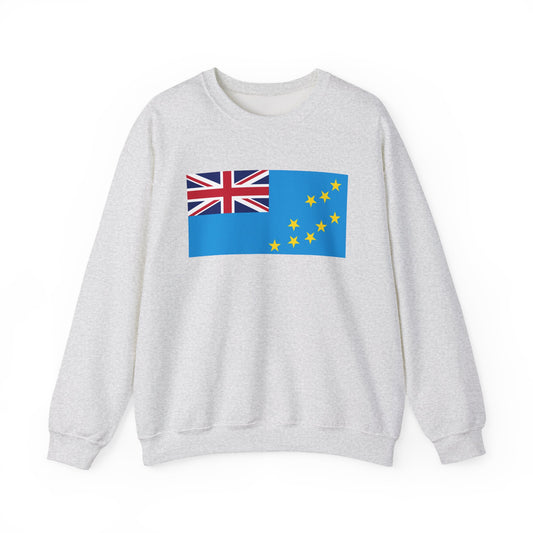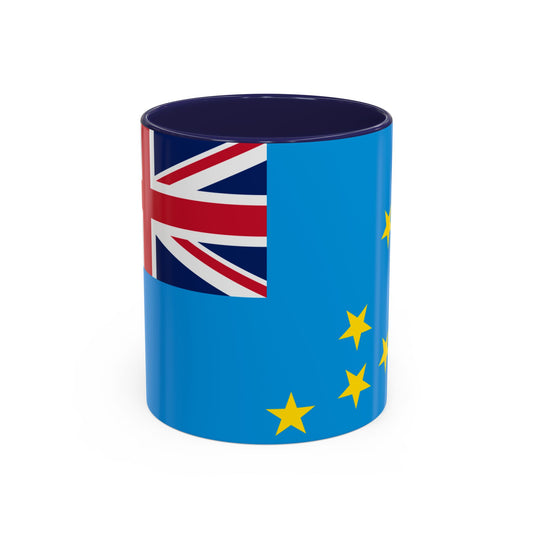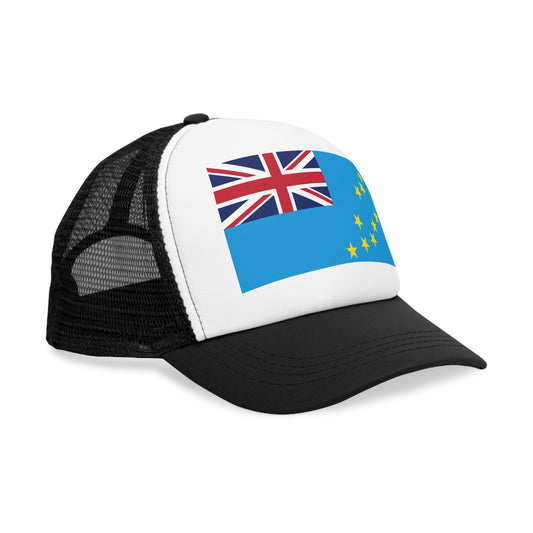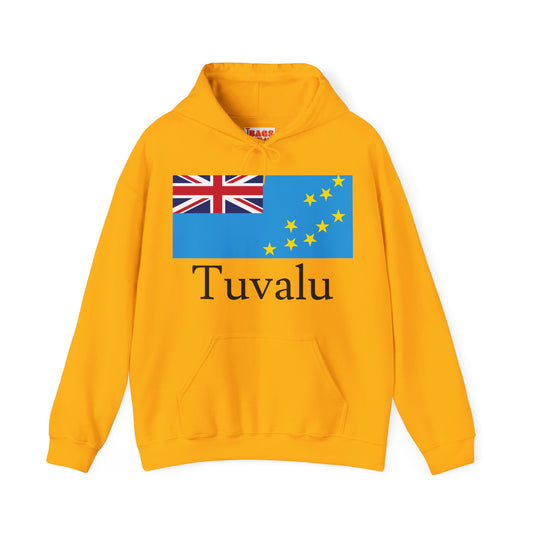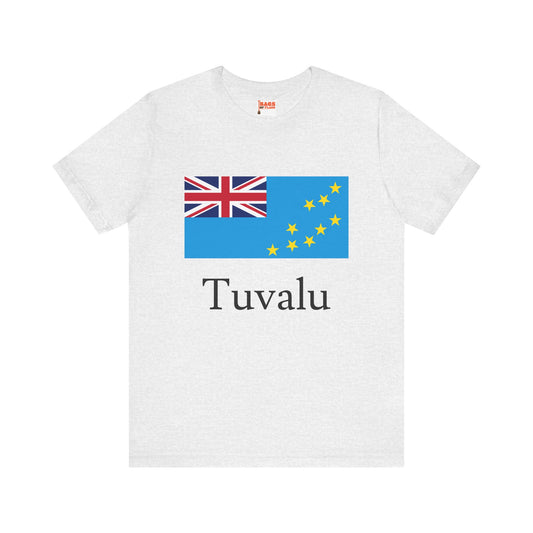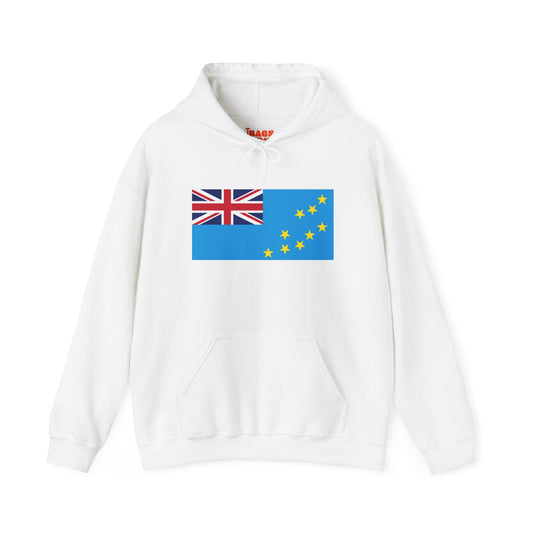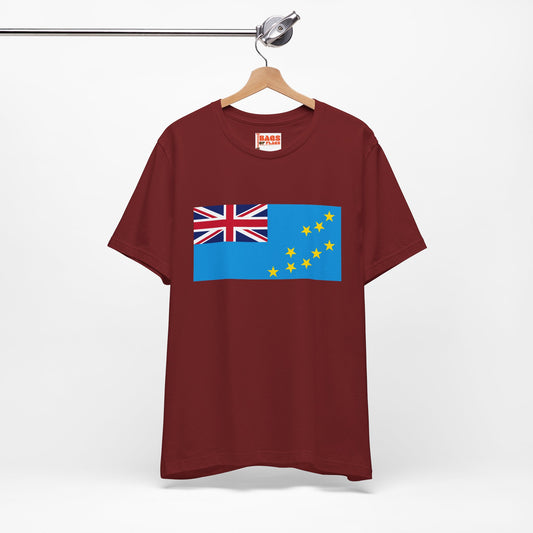-
Tuvalu Sweatshirt
Regular price $34.15 USDRegular priceUnit price / per -
Tuvalu Flag Sweatshirt
Regular price $34.15 USDRegular priceUnit price / per -
Tuvalu Backpack
Regular price $59.79 USDRegular priceUnit price / per -
Tuvalu Mug
Regular price $11.65 USDRegular priceUnit price / per -
Tuvalu Trucker Cap
Regular price $14.90 USDRegular priceUnit price / per -
Tuvalu Hoodies
Regular price $34.40 USDRegular priceUnit price / per -
Tuvalu T-shirts
Regular price $22.79 USDRegular priceUnit price / per -
Tuvalu Flag Hoodies
Regular price $34.40 USDRegular priceUnit price / per -
Tuvalu Flag on T-shirt
Regular price $22.79 USDRegular priceUnit price / per
Collection: Tuvalu
The Tuvalu flag, with its unique design and vibrant colors, is of significant historical and cultural importance to the small Pacific island nation. From its adoption to its current relevance, the flag has a rich and storied past that reflects the identity and values of its people.
Overview of the Tuvalu Flag

The national flag of Tuvalu brandishes a distinct and meaningful design, characterized by its light blue field that envelops the Union Jack in the canton and a striking circle of nine yellow stars. These stars are meticulously arranged to mirror the geographic distribution of the nine islands constituting the Tuvaluan archipelago, laying out a map against the sky. This light blue canvas serves more than just a backdrop; it signifies the vast Pacific Ocean, a critical element of the Tuvaluan way of life and their environmental challenges.
Including the Union Jack is a nod to the islands' historical connection with the British Empire. It serves as a reminder of Tuvalu's journey towards independence and its ongoing relationship with the Commonwealth. Each yellow star stands proudly, symbolizing the unity and equality among the islands, each contributing uniquely to the nation's identity. This flag design seamlessly weaves together geography, history, and symbolism, presenting a vivid narrative of the Tuvaluan people and their enduring bond with their land and sea.
Historical Context of the Tuvalu Flag
The flag of Tuvalu was raised for the first time as a symbol of the nation's independence on October 1, 1978, signifying a new chapter in the archipelago's history. This momentous event marked Tuvalu's emergence as a sovereign state, stepping out from under British colonial rule, where it had been part of the British colony formerly known as the Gilbert and Ellice Islands. The introduction of the flag represented not only political independence but also the cultural and social aspirations of the Tuvaluan people.
The design, chosen to reflect the country's unique identity, geography, and heritage, has remained unchanged since its adoption. This consistency underscores the flag’s importance as a constant in the nation's evolving narrative, from its colonial past to its status as a member of the Commonwealth and its ongoing challenges and achievements on the international stage. The flag's debut in 1978 was a definitive assertion of Tuvalu's autonomy and a beacon of its future aspirations.
Symbolism Behind the Tuvalu Flag

At the heart of the Tuvalu flag's design lies a rich tapestry of symbols, each meticulously chosen to reflect the nation’s ethos and the environmental challenges it faces. The light blue background, more than just a serene backdrop, encapsulates the Pacific Ocean's vastness, which defines and threatens Tuvalu's very existence. This choice of color serves as a daily reminder of the people's resilience in the face of rising sea levels and their deep connection to the surrounding waters.
Central to the flag’s symbolism is the Union Jack, positioned in the canton as a historical nod to Tuvalu's past as part of the British Empire. This inclusion pays homage to the island's colonial history and underscores the ongoing relationship with the Commonwealth, symbolizing a bridge between Tuvalu’s history and its contemporary sovereign status.
Dominating the flag's imagery, the circle of nine yellow stars captures the viewer's attention, each star proudly representing one of Tuvalu's islands. This celestial configuration goes beyond mere representation; it symbolizes the unity and equality of the islands, emphasizing that each contributes indispensably to the nation's identity. The arrangement of these stars to reflect the geographical layout of the islands underscores a deep respect for the land and the inherent connection of the Tuvaluan people to their homeland, echoing their navigation skills and ancestral ties to their environment.
Current Relevance of the Tuvalu Flag
The Tuvalu flag remains a powerful emblem within the nation, proudly showcased during governmental functions and cultural festivities and by the Tuvalu Defense Force at military events. It embodies the spirit and independence of the Tuvaluan people, standing as a beacon of national pride and unity. Additionally, the flag has taken on a new role in the international arena, symbolizing the country's plight against the impacts of climate change.
With Tuvalu at the forefront of discussions on rising sea levels and environmental sustainability, the flag has transcended its national significance, becoming a global call to action. It encourages the international community to acknowledge and address the urgent environmental challenges that threaten Tuvalu, the broader Pacific region, and the world. Through its presence at global conferences and in the media, the Tuvalu flag advocates for environmental preservation and sustainable development, underscoring the critical connection between national identity and global responsibility.
Additional Facts About the Tuvalu Flag
The protocol surrounding the display of the Tuvalu flag includes a specific orientation requirement when hung vertically, ensuring the Union Jack maintains its position in the upper left corner, a symbol of the country's historical ties to the British Commonwealth. This detail underscores the importance of respecting the flag’s symbolic elements and arrangement. Additionally, in Tuvalu, the flag commands a high degree of respect and etiquette. It is deemed disrespectful for the flag to contact the ground, a common practice in many cultures to preserve the dignity and sanctity of national symbols. Similarly, using the Tuvalu flag for commercial purposes is frowned upon, reflecting a broader principle that national symbols should be safeguarded from commercial exploitation and remain symbols of unity and identity rather than commodities.
An interesting aspect of the Tuvalu flag’s design is its origin in a national competition. This approach to selecting the flag design was a democratic process involving the citizens of Tuvalu in a significant national decision. The chosen design, which now flies proudly in Tuvalu and at international forums, resulted from this inclusive process. It won the hearts of the Tuvaluan people and effectively encapsulated the essence of the nation's identity, culture, and aspirations. This story of the flag's creation adds a layer of pride and personal connection for the people of Tuvalu, as it represents a collective decision and a shared national symbol.
